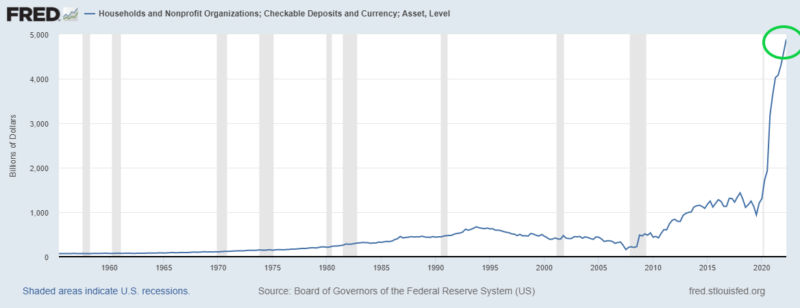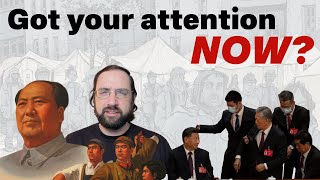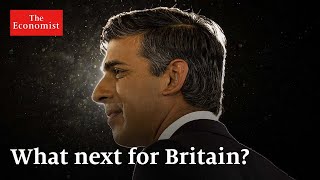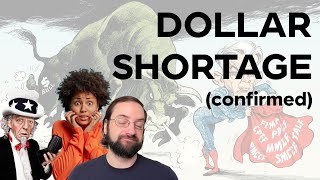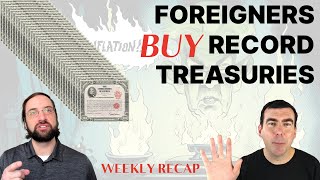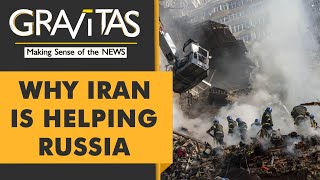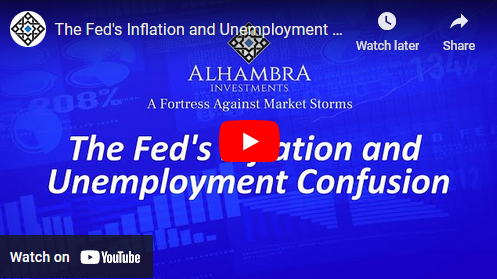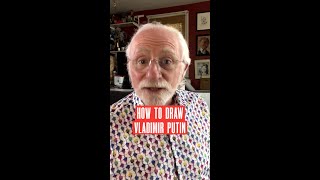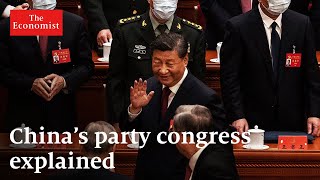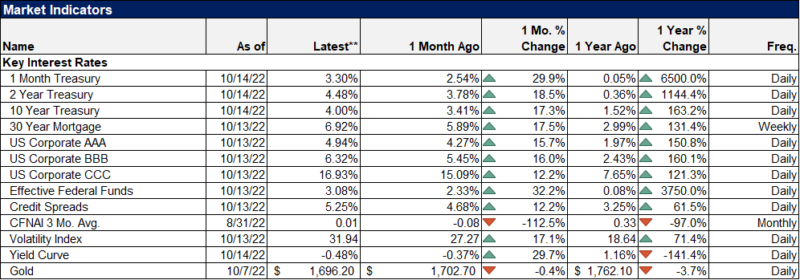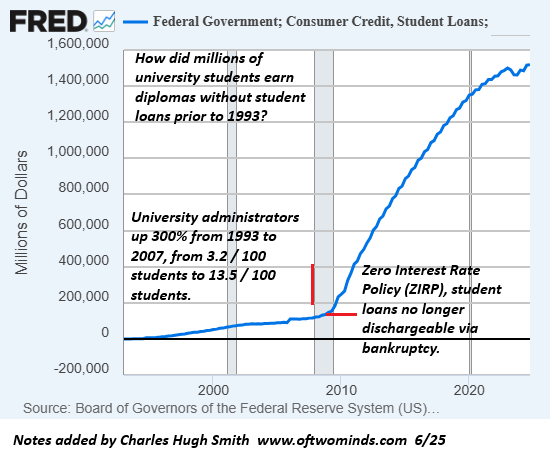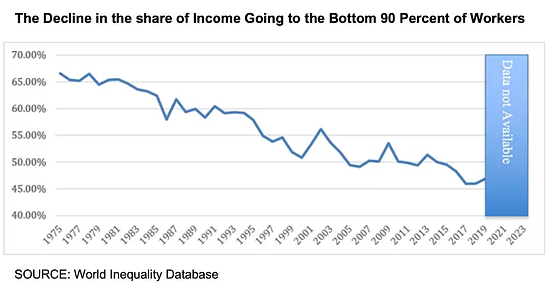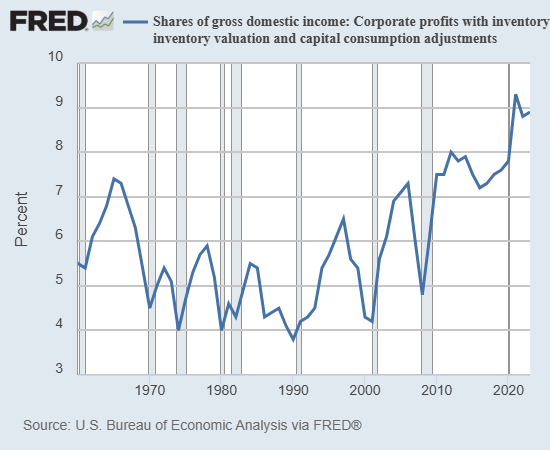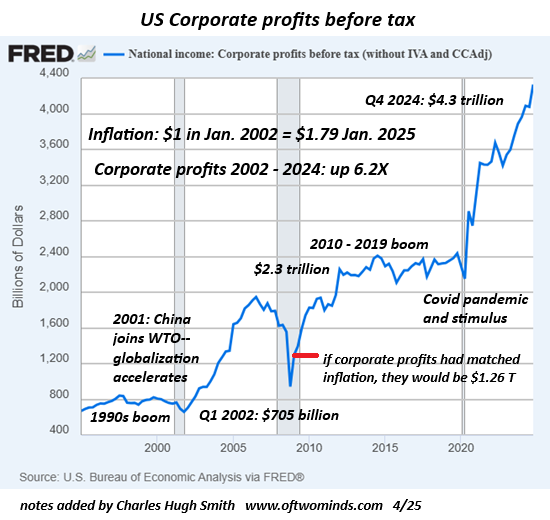Category Archive: 5) Global Macro

Powell’s Epiphany: There is No Free Lunch p2 Neutralizing the Money is Inflationary
Pandemic Wealth Effect. The top 1% of the US made about $14T or $4.2M per person. The next 19% made about $20T or $318,000 per person. The next 30% made about $5T or $50,000 per person. The bottom 50% made about $1T or $6,000 per person. The resulting inflation is at a 40yr high and Powell wants the money back.
Read More »
Read More »
Russia-Ukraine blame game: ‘Dirty bomb’ claims reach United Nations’ door | World News | WION
Moscow has accused Kyiv of planning to deploy a 'dirty bomb' on its own land. Ukraine and the West however have denied these claims, Zelensky has counter accused the Kremlin of planning a false flag operation.
Read More »
Read More »
SPECIAL REPORT: Follow The Money Series – Dawn Of A New Era
With inflation recently hitting a high not seen since 1981, it is now apparent that the factors that drove the disinflation trend of the last four decades are coming to an end. Globalization and demographics, the two big factors that combined to hold down prices and wages for so long, are reversing, and so too is the downtrend in prices, wages, and interest rates.
Read More »
Read More »
Xi Jinping’s vulgar display of power – and its target – was intended specifically for you and me.
Hu Jintao wasn't just Xi Jinping's predecessor. Hu was a technocrat who represented a different method for pursuing the Chinese socialist agenda, one that shared more in common with the rest of the world.
Read More »
Read More »
Rishi Sunak: what challenges await Britain’s new PM?
Britain has a new prime minister—again. Rishi Sunak inherits a mountain of problems. The Economist’s Britain editor assesses the challenges Mr Sunak faces.
00:00 - Britain’s new Prime Minister
00:30 - The markets react
01:07 - Public services under pressure
02:34 - Rishi’s balancing act
03:06- Political instability: the ongoing risk
Sign up to The Economist’s daily newsletter: https://econ.st/3QAawvI
For our most recent Britain coverage:...
Read More »
Read More »
SMART BOURSE – L’invité de la mi-journée : Thomas Costerg (Pictet WM)
Lundi 24 octobre 2022, SMART BOURSE reçoit Thomas Costerg (Économiste senior US, Pictet WM)
Read More »
Read More »
Info not fearmongering. Swaps not Swiss. Dealers not Fed. The data and evidence are conclusive.
A negative swap spread sounds like total nonsense - at first. But in a ledger money, fictive currency system what matters is the capacities of those who collectively keep track of the distributed ledger. This is where that nonsense isn't just useful, it is extremely valuable. Swaps are the ledger and they are saying there is a very real and worsening problem on it. Global (euro)Dollar Shortage.
Read More »
Read More »
Weekly Market Pulse: Did Powell Just Blink?
Did Jerome Powell blink last Friday? It was just before the market open Friday and interest rates were jumping higher, as they had all week. The 10-year Treasury yield was up to 4.33%, another 11 basis points higher than the previous close and 32 basis points higher than the previous week’s close.
Read More »
Read More »
Russia: Ukraine is preparing ‘dirty bomb’ attacks | Top World News | Latest English News | WION
Tensions between Russia and Ukraine continue as the war enters its ninth month. Russian defense minister rang his US and other European counterparts, he alleged that Ukraine is preparing a provocation with 'dirty bombs'.
Read More »
Read More »
Domestic housing bust accelerates, yet it is foreign Treasury buyers who are inverting the curve.
What do foreign UST buyers know that maybe American bond sellers don't? The latter seem to care all about he Fed. The former are facing more obvious problems beginning with a massive global dollar shortage.
Read More »
Read More »
A Lesson in Markets and Bureaucracies: The Very Instructive History of Rat Farms
In effect, authorities created two rat farms, both unintended: the sewers, and the private-sector rat-farms.The history of Rat Farms offers a valuable lesson in how markets and bureaucracies work. The story of how the colonial authorities in Hanoi came to establish two kinds of rat farms is highly instructive. The first rat farm was unintentional.
Read More »
Read More »
Russia: Call was needed to clear up misunderstandings | Latest World News | WION
In a rare high level contact between Russia and the United States, the defence secretaries of both countries held a telephonic conversation. During the phone call, the situation of Ukraine was discussed.
Read More »
Read More »
Info not fearmongering. Swaps not Swiss. Dealers not Fed. The data and evidence are conclusive.
A negative swap spread sounds like total nonsense - at first. But in a ledger money, fictive currency system what matters is the capacities of those who collectively keep track of the distributed ledger. This is where that nonsense isn't just useful, it is extremely valuable.
Read More »
Read More »
Gravitas: U.S. says Iranian troops were in Crimea helping Russia attack Ukraine
U.S. says Iranian troops were in Crimea helping Russian military attack Ukraine. Reports say Iranian drone experts are training Russian soldiers. But why is Iran helping Russia? What's in it for Tehran?
Listen in to Priyanka Sharma.
Read More »
Read More »
How Trump is still damaging American politics
As Donald Trump and his supporters continue to falsely claim the 2020 election was stolen, American democracy looks fragile. With election-deniers running for office, and many new voting restrictions, how will the midterm elections shape the playing field for the 2024 presidential election?
00:00 - Democracy is under assault in America
01:38 - Americans are worried about the state of democracy
04:04 - An unprecedented amount of new voting...
Read More »
Read More »
Market Currents: Fed Confusion
The Federal Reserve seems confused about its role in inflation and unemployment. Alhambra’s Steve Brennan and Joe Calhoun discuss it.
Read More »
Read More »
How to draw Vladimir Putin #cartoon #Putin
How do you draw Putin? We asked KAL, our political cartoonist.
#cartoon #Putin #shorts #art #politics
Read More »
Read More »
What Everybody Knows No Longer Matters
What nobody yet knows (or the few insiders who do know are keeping to themselves) is what will matter. Being a doom-and-gloom Bear stops being fun when the Bear Bar gets crowded.
Read More »
Read More »
CCP Congress: what will Xi do next?
What's it like to attend the Chinese Communist Party’s most important political meeting? Our correspondent, who was at the opening of the 20th National Congress, explains what it was like and what we might learn about Xi Jinping’s plans for China's future in the coming days
00:00 - What is the Chinese Communist Party congress?
00:38 - Our correspondent’s journey
01:50 - Xi Jinping's speech
02:55 - What else is on the agenda?
Sign up to The...
Read More »
Read More »
Weekly Market Pulse: Just A Little Volatility
Markets were rather volatile last week. That’s a wild understatement and what passes for sarcasm in the investment business. Stocks started the week waiting with bated (baited?) breath for the inflation reports of the week. It isn’t surprising that the market is focused firmly on the rear view mirror for clues about the future since Jerome Powell has made it plain that is his plan, goofy as it is.
Read More »
Read More »









